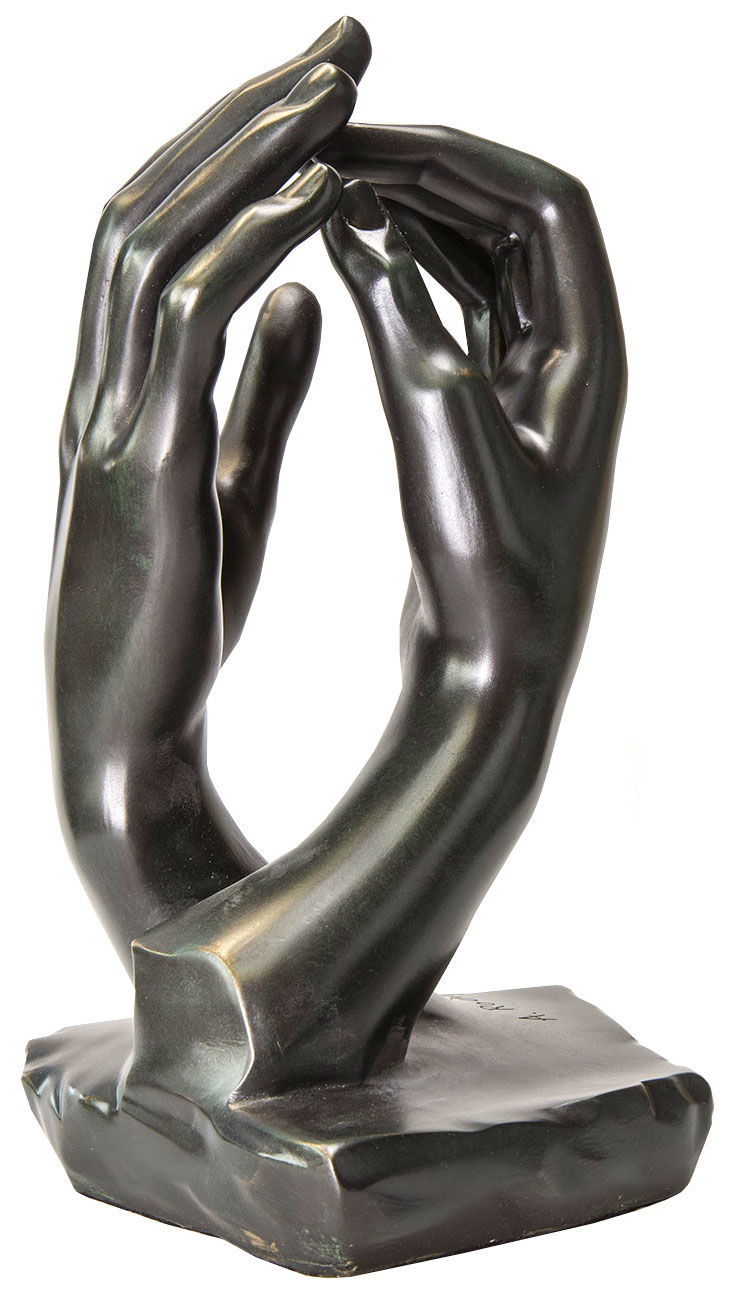Slavery is repugnant, and must be eliminated everywhere. This is the clear message of the exodus narrative. Business practices, family relations, state policies – we must be hypersensitive, opposing anything with the stench of slavery that turns people into bodies to be owned, used and traded. Paradoxically, however, there is a language of acquisition of people that conveys utmost intimacy. “My lover” doesn’t belong to me in the same sense as slaves, but certainly belongs to nobody else. ‘Acquiring’ a lover in this sense is a delicate and worthwhile process, played out intricately in monotheism and monogamy. The Israelites, newly-released slaves immediately commanded to release their own slaves, break into song: “We are… the people You acquired!” Not slaves, but lovers!
.
.
.
[Inspired by: Exodus 15 with Rashi and Sefer HaMizrachi; Meshech Hochma on Exodus 6:8; Matok Midvash on Zohar III:179b; Rambam on Avot 1:6; “Alternatives to Kiddushin“; and La Cathédrale by Auguste Rodin.]
.
.
.

>
LikeLike
tell me more…
LikeLike